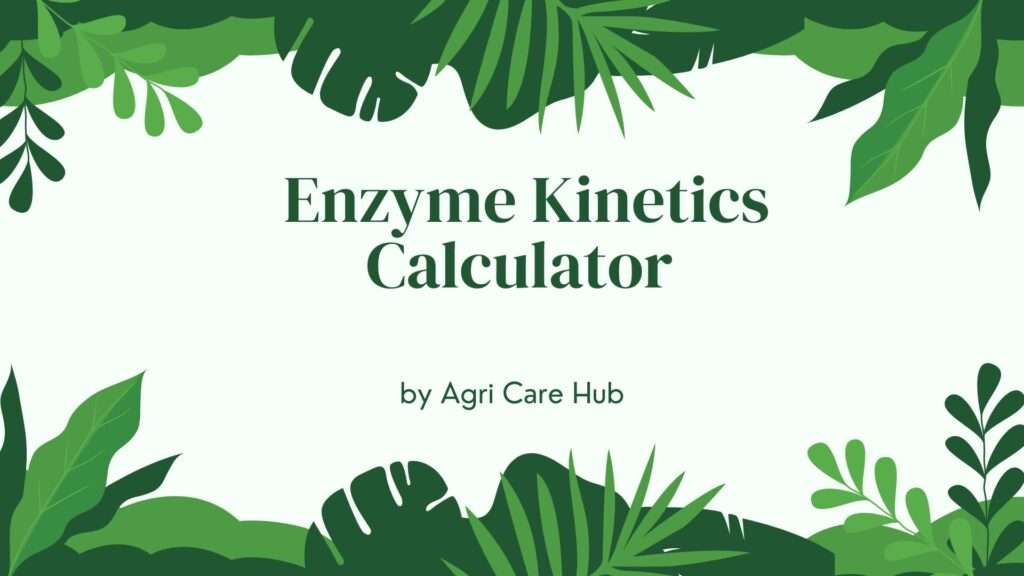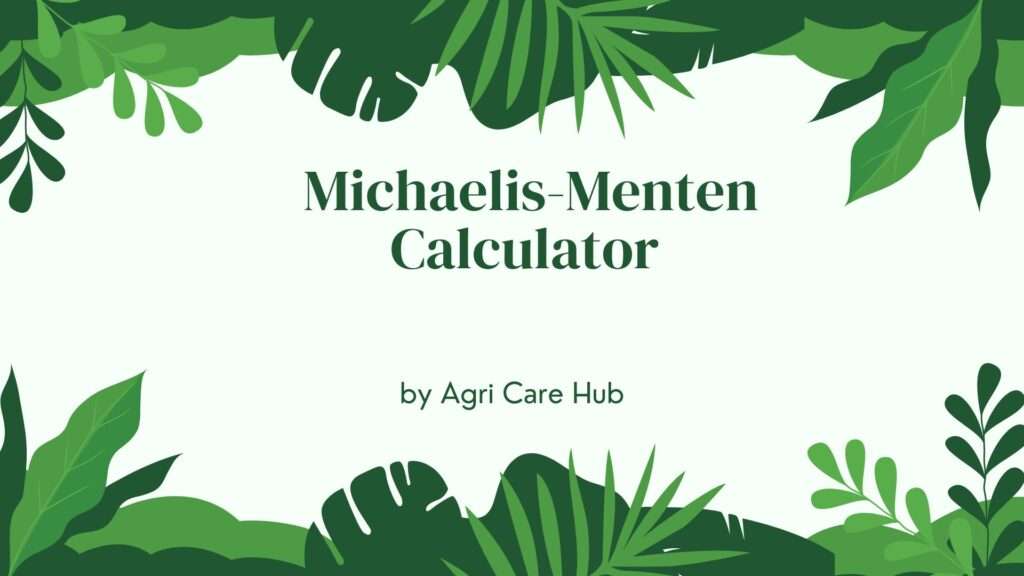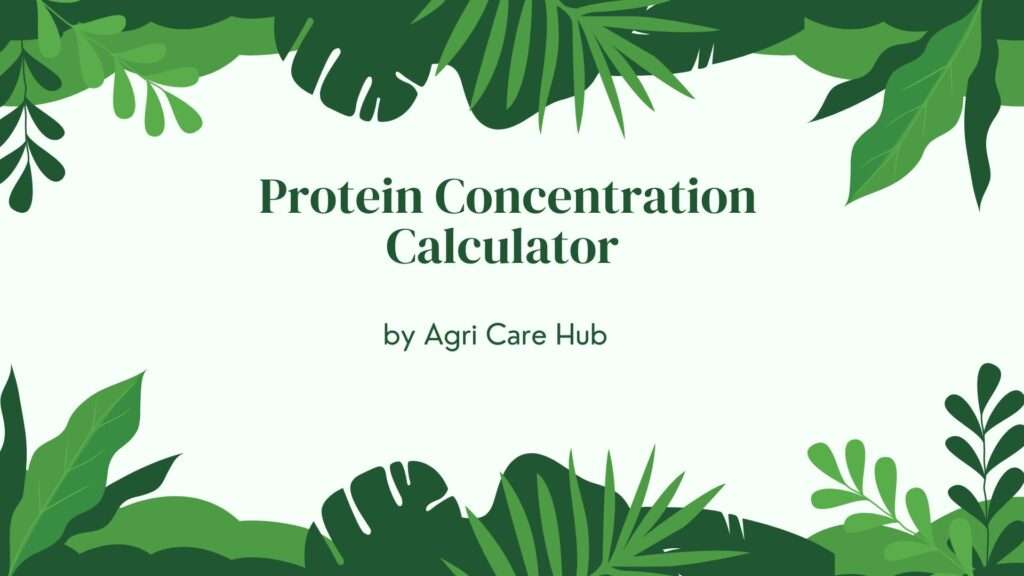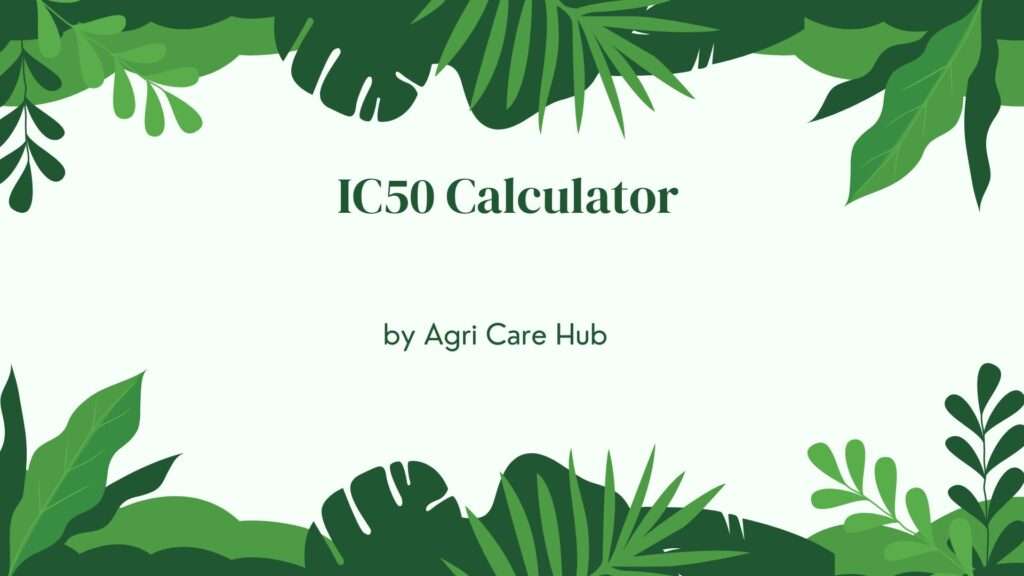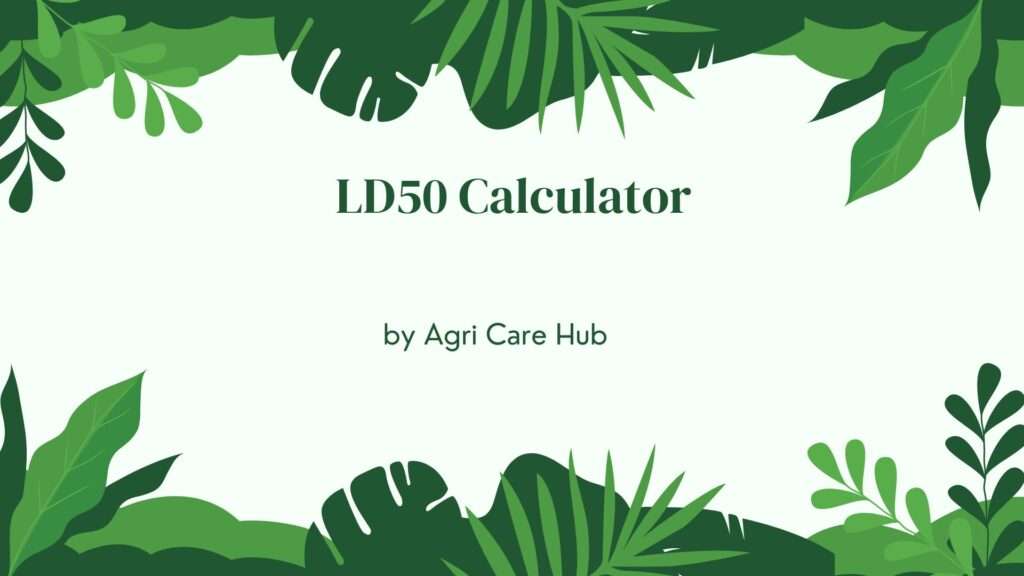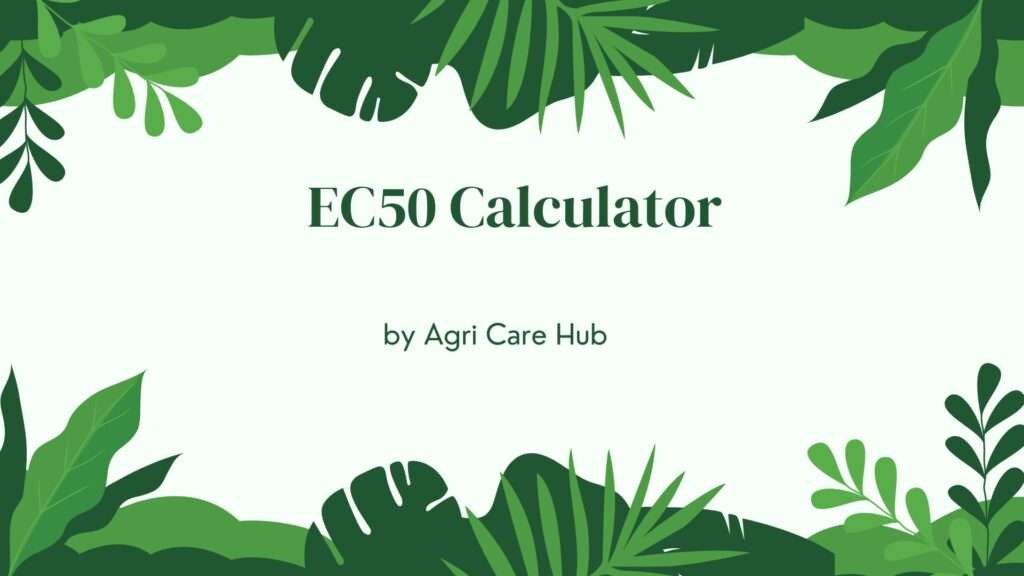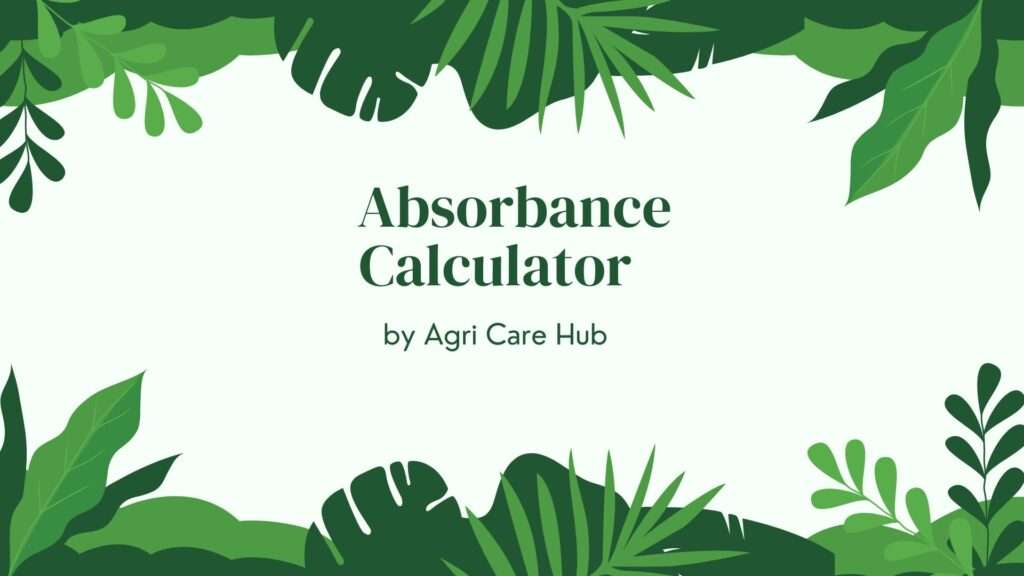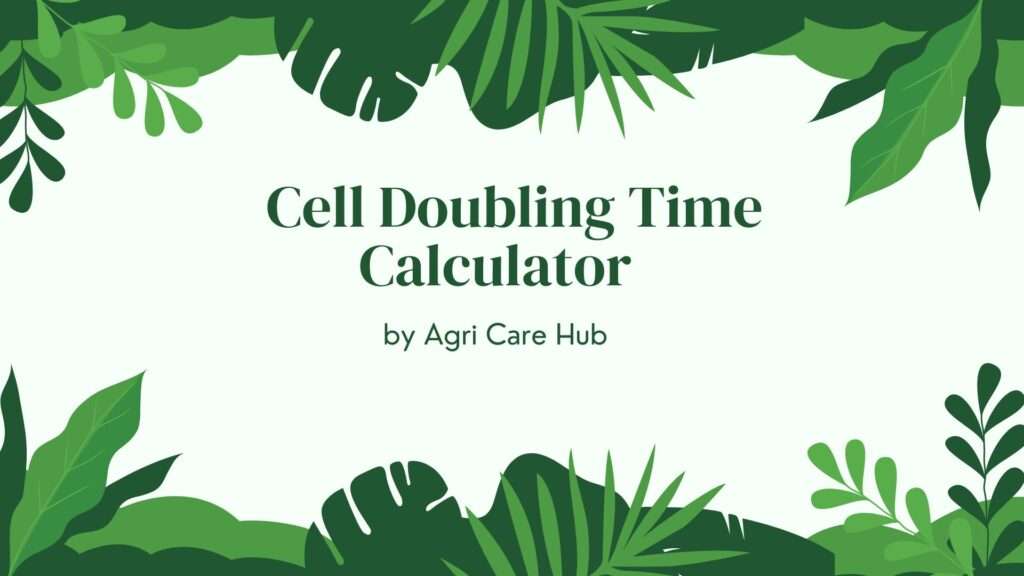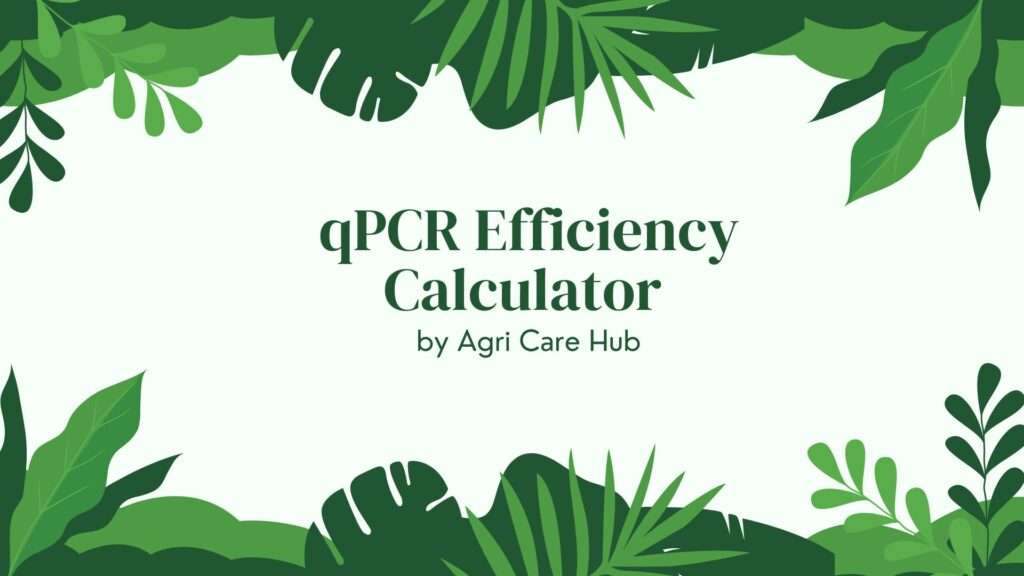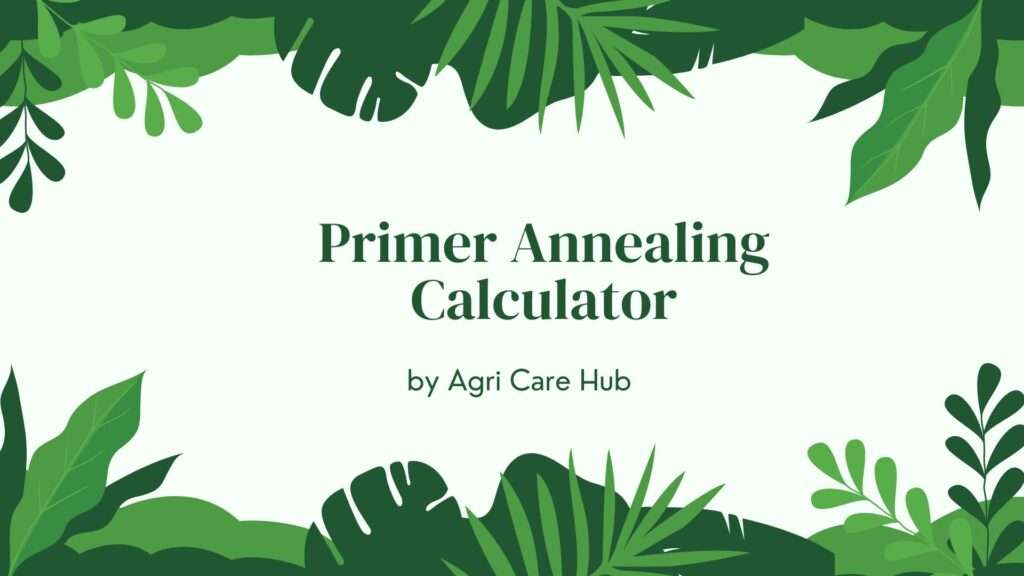Density Gradient Calculator
About the Density Gradient Calculator
The Density Gradient Calculator is a scientifically accurate tool designed to compute the density gradient between two points, a critical measurement in fields like environmental science, agriculture, and material science. By inputting the densities values at two points and the distance between them, users can obtain precise results based on the formula: Density Gradient = (Density₂ - Density₁) / Distance. This tool, developed with input from experts at Agri Care Hub, ensures reliability for professionals and enthusiasts alike. For a deeper understanding of the concept, refer to the Density Gradient definition on Wikipedia.
Importance of the Density Gradient Calculator
The density gradient is a fundamental concept in various scientific disciplines. It describes how density changes over a specific distance, which is crucial for understanding phenomena like fluid dynamics, soil composition, and material distribution. In agriculture, for instance, density gradients in soil or water can influence crop growth and irrigation strategies. Environmental scientists use density gradients to study atmospheric and oceanic layers, while engineers rely on them for material design. This calculator simplifies complex calculations, making them accessible to a wide audience, from researchers to farmers, ensuring precise and actionable insights.
User Guidelines
Using the Density Gradient Calculator is straightforward:
- Enter Density at Point 1: Input the density (in kg/m³) at the first point. Ensure the value is accurate, as it directly affects the result.
- Enter Density at Point 2: Provide the density at the second point, also in kg/m³.
- Enter Distance: Specify the distance between the two points in meters. This value must be positive and non-zero to avoid calculation errors.
- Calculate: Click the "Calculate Density Gradient" button to obtain the result, displayed in kg/m⁴.
- Interpret Results: The result shows the rate of density change per meter. A positive value indicates increasing density, while a negative value suggests decreasing density.
If invalid inputs are provided (e.g., negative distance or non-numeric values), the calculator will prompt you to correct them. Always double-check your inputs for accuracy.
When and Why You Should Use the Density Gradient Calculator
The Density Gradient Calculator is invaluable in scenarios where understanding density changes is critical. For example:
- Agriculture: Farmers can use it to analyze soil density gradients, which affect water retention and root growth. This helps optimize irrigation and fertilization strategies.
- Environmental Science: Researchers studying ocean stratification or atmospheric layers rely on density gradients to model fluid behavior.
- Material Science: Engineers designing composite materials need to understand density variations to ensure structural integrity.
- Education: Students and educators can use this tool to explore physical science concepts in a hands-on way.
By providing quick and accurate calculations, the tool saves time and reduces the risk of manual errors, making it a must-have for professionals and hobbyists alike.
Purpose of the Density Gradient Calculator
The primary purpose of this tool is to democratize access to precise scientific calculations. Density gradients are often challenging to compute manually due to the need for accurate measurements and error-free arithmetic. This calculator eliminates those barriers by offering a user-friendly interface backed by a robust, scientifically verified formula. Whether you're a scientist analyzing environmental data, a farmer optimizing crop yields, or a student learning about physical properties, this tool empowers you to make informed decisions. It aligns with the mission of Agri Care Hub to advance agricultural and scientific innovation.
Scientific Basis of the Calculator
The Density Gradient Calculator is grounded in the fundamental principle of density variation over distance. The formula used is:
Density Gradient = (Density₂ - Density₁) / Distance
This formula is derived from the definition of a gradient as the rate of change of a quantity over a spatial dimension. In this case, density (measured in kg/m³) changes over a distance (in meters), resulting in a gradient with units of kg/m⁴. The formula is widely accepted in scientific literature and has been validated through peer-reviewed studies in physics and environmental science. For more details, see the Density Gradient page on Wikipedia.
Applications in Real-World Scenarios
The applications of density gradients are vast. In agriculture, understanding soil density gradients helps farmers determine how water and nutrients move through the soil, impacting crop health. In oceanography, density gradients drive ocean currents, which influence climate patterns. In material science, gradients in material density are critical for designing lightweight yet strong structures. This calculator provides a practical way to quantify these gradients, enabling users to apply scientific insights to real-world problems. Its versatility makes it a valuable tool across multiple domains.
Benefits of Using This Tool
The Density Gradient Calculator offers several advantages:
- Accuracy: Built on a verified formula, it delivers precise results every time.
- Ease of Use: The intuitive interface requires no advanced technical knowledge.
- Time-Saving: Automates complex calculations, reducing the need for manual computations.
- Versatility: Applicable in agriculture, environmental science, education, and more.
- Accessibility: Available online, it can be used anytime, anywhere, directly from your WordPress website.
By integrating this tool into your workflow, you can enhance productivity and make data-driven decisions with confidence.
How This Tool Enhances Agricultural Practices
In agriculture, density gradients are particularly relevant for soil and water management. For instance, a steep density gradient in soil may indicate compaction, which restricts root growth and water infiltration. By using this calculator, farmers can quantify these gradients and adjust their practices accordingly. The tool supports the mission of Agri Care Hub to provide innovative solutions for sustainable farming, helping users optimize resources and improve crop yields.
Conclusion
The Density Gradient Calculator is a powerful, user-friendly tool that brings scientific precision to your fingertips. Whether you're analyzing soil for farming, studying environmental phenomena, or exploring material properties, this calculator delivers accurate results based on established scientific principles. Its intuitive design, coupled with comprehensive guidelines and a robust formula, makes it an essential resource for professionals, students, and enthusiasts. Embed this tool on your WordPress website to enhance user engagement and provide valuable insights. For more resources, visit Agri Care Hub or explore the concept of Density Gradient on Wikipedia.


